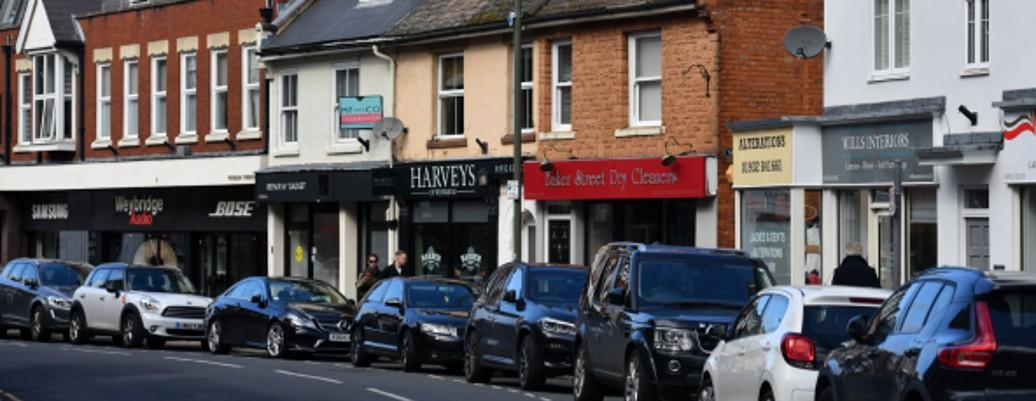Outcome 1
With our communities we will advance equity and inclusion
Our engagement efforts will focus on establishing and promoting equity by expanding the diversity of representation—and by association, the diversity of thought - and ensuring equitable treatment. We aim to build underrepresented residents’ civic power and affirm their dignity and autonomy through inclusion in decision-making processes. Seeing problems from multiple perspectives to reach innovative solutions will form the heart of our approach.

Developing Runnymede’s Climate Change Action Plan – Case Study
Like many councils, Runnymede Borough Council has declared a climate emergency and is aiming to reach net zero with its operational emissions by 2030, and to support the borough’s residents and businesses to be net zero by 2050. To do this, the council has developed a Climate Change Strategy.
The council cannot achieve its ambitious objectives on its own, however, and so it sought to mobilise and engage with residents and stakeholders to help develop the Action Plan which would set out the tangible actions that would be undertaken to achieve net zero targets. It was important that residents felt empowered to help shape the Action Plan, ensuring it was reflective of the issues, challenges and opportunities that local residents, with lived experience, were aware of.
During the summer of 2023, Runnymede ran an extensive range of engagement activities that sought to engage the community in the development of the Climate Change Action Plan. This took many different forms, using a blend of digital and traditional tools, and garnered a wide range of insightful responses. Knowing that young people were seldom heard in traditional council engagements and consultations, the council worked hard to ensure their views were sought and received through targeted methods, including a fun and engaging digital climate change survey for under 18s. This led to a better quantity and quality of feedback from young people, with the result being that the Action Plan more extensively focused on work the council could do with education partners to combat climate change and encourage behavioural change amongst younger residents to help support the transition to net zero.

St Helens Inequalities Commission – Case Study
Facing significant economic and health challenges, and significant inequalities, St Helens Borough Council worked with partners to establish an independent, multi-agency Inequalities Commission. The Commission learnt from evidence and experts as it sought to understand the barriers that prevented people from reaching their potential. Crucially, it gave all residents, particularly marginalised communities, a voice, combining their experiences with the knowledge of experts and local leaders to shape projects and services to build greater equality and make recommendations to the system.
This approach saw the council win a prestigious MJ Award for their approach in 2023 and demonstrates how seldom heard voices could effectively be empowered by Surrey’s three new unitary authorities.
This form helps us improve the content and structure of our webpages only, and we cannot provide a response to any submission below.

